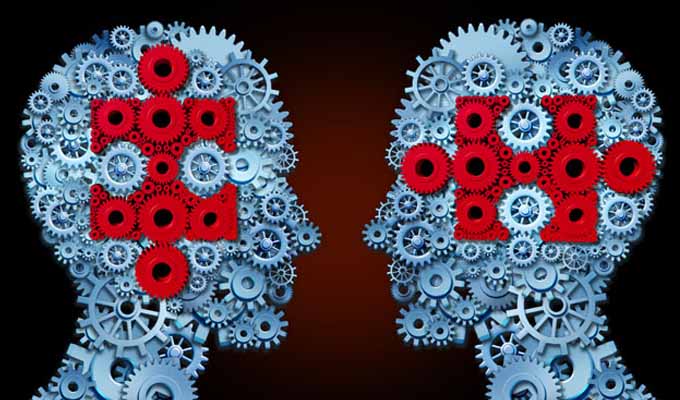Multitasking Is Not a Skill, It’s a Liability
People who juggle several tasks at once are less efficient at accomplishing their goals.
(originally published by Booz & Company)Title: Cognitive Control in Media Multitaskers (Subscription or fee required.)
Authors: Eyal Ophir, Clifford Nass, and Anthony D. Wagner (all affiliated with Stanford University)
Publisher: Proceedings of the National Academy of Sciences
Date Published: August 2009 (online version)
If you’re checking e-mail or sending a text message while reading this, be warned: Your brain might be falling behind. The authors of this study find that people who try to juggle several tasks or forms of media at once are unable to ignore irrelevant information and are slower to switch from one activity to another than people who focus on one task at a time. In short, they conclude, multitaskers aren’t functioning as well as they could be.
The authors split about 100 students into groups of people who routinely engage in media multitasking and those who don’t. In an experiment that tested concentration, the participants were told to keep their eye on a set of two red rectangles, which appeared alone or surrounded by two, four, or six blue rectangles. The patterns were each flashed twice, and the study members tried to assess whether the two red rectangles in the second configuration had been moved from their original position. Although told to ignore the blue rectangles, chronic multitaskers could not block out the distracting images, and their performance suffered accordingly. In a second test, to determine whether multitasking affected memory, participants were shown alphabetical letters in a sequence. As the experiment progressed and the letters piled up, the chronic multitaskers had much more difficulty recalling whether they had seen the same letter already.
The final test gauged whether multitaskers could switch between tasks quickly and efficiently. Subjects were shown images of letters and numbers and asked to sort them into different groups. When instructed to focus on letters, they had to determine whether they were vowels or consonants; for numbers, they had to say if the digits were odd or even. The chronic multitaskers found it much harder to recall what to do with each letter or number, taking much longer to categorize them correctly.
The researchers are planning further tests to study whether chronic media multitaskers are born with an inability to focus, or whether the brain begins to behave differently because its filters are overwhelmed. Either way, the authors conclude that multitaskers are slowed down by trying to process too much irrelevant data.
Bottom Line: People who juggle several tasks at once are less efficient at accomplishing their goals. In fact, the brains of chronic multitaskers aren’t able to function as well as they should, and they show several signs of reduced processing capability.![]()
Author profile:
- Matt Palmquist was a founding staff writer and is currently a contributing editor at Miller-McCune magazine. Formerly, he was an award-winning feature writer for the San Francisco–based SF Weekly.


